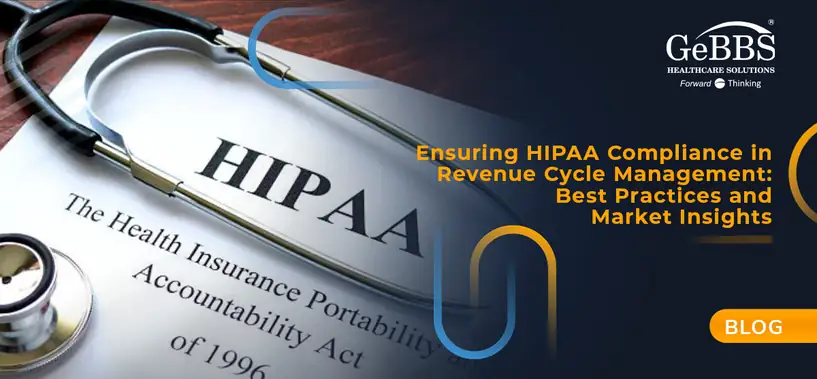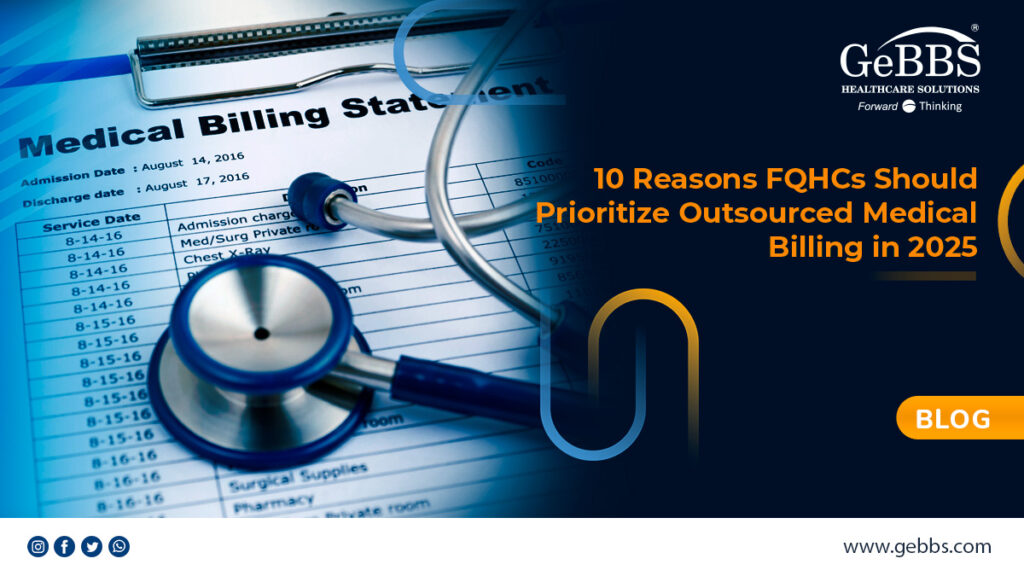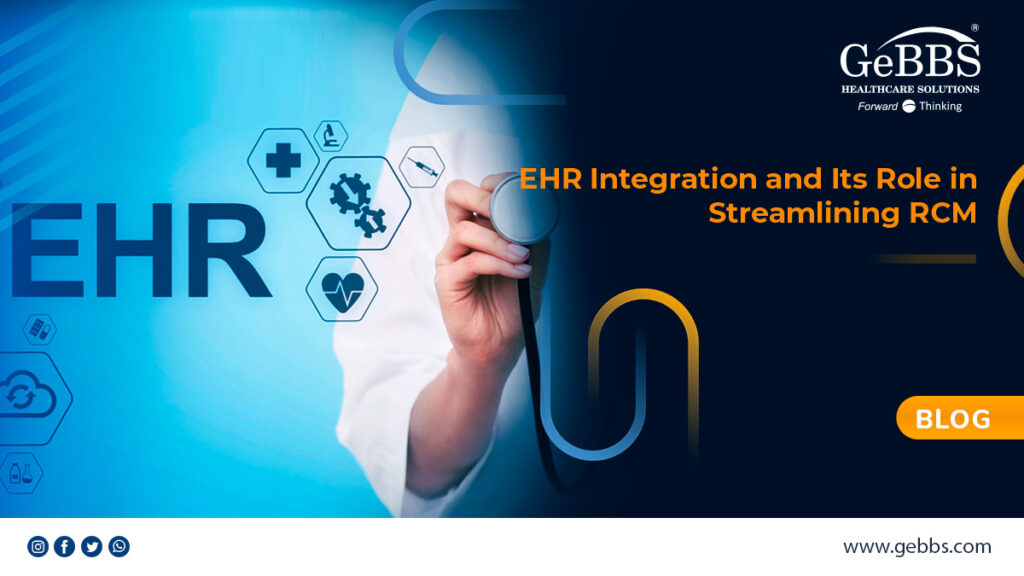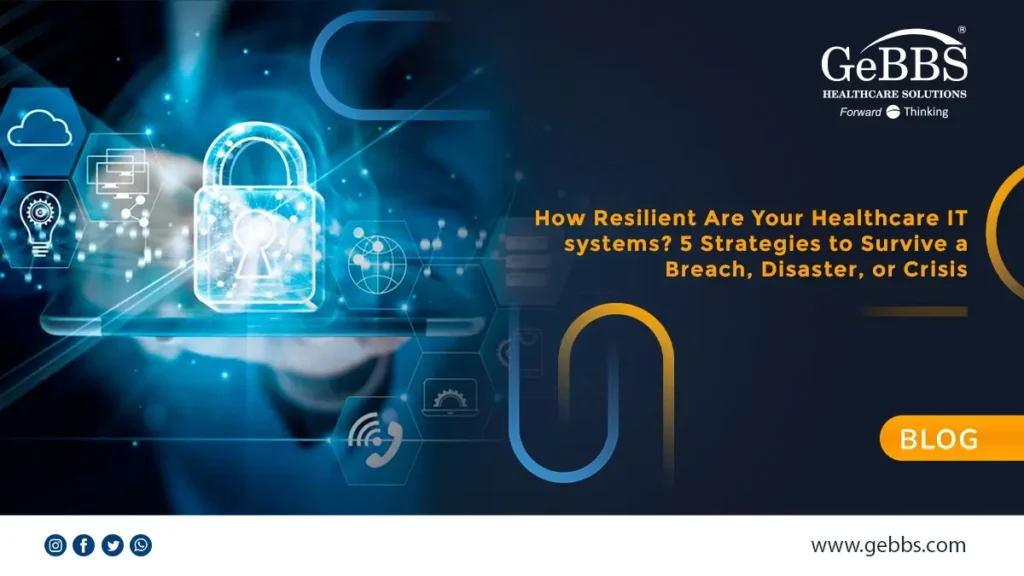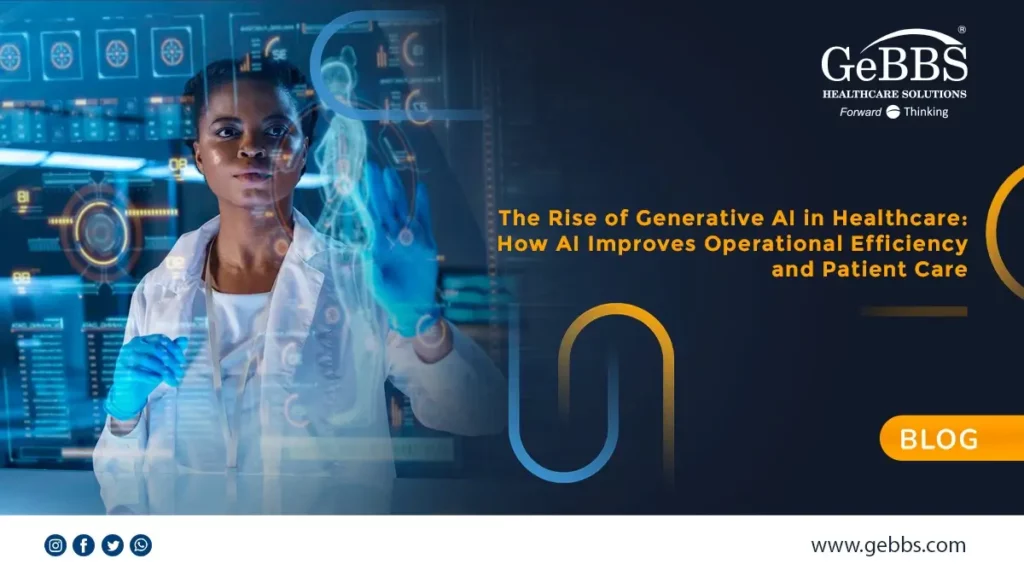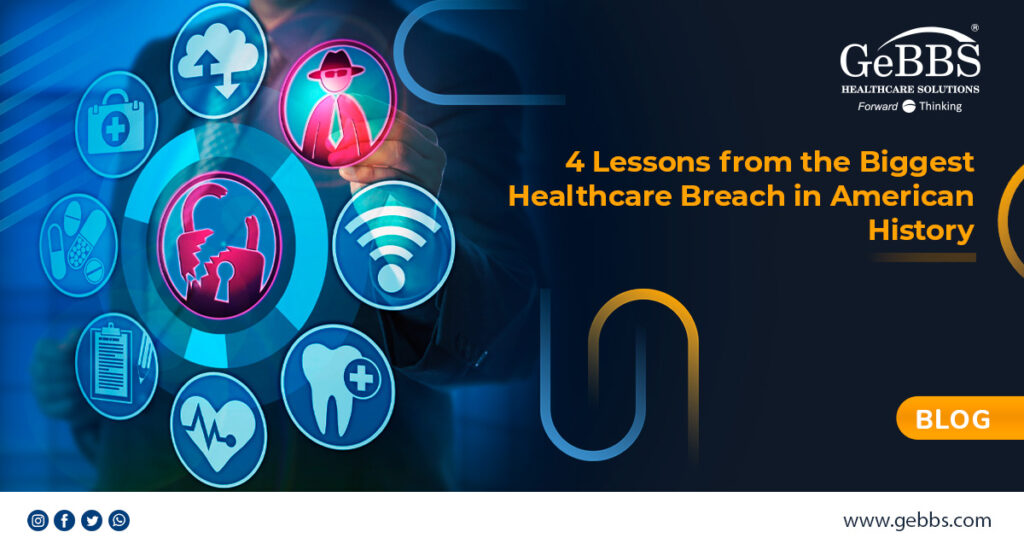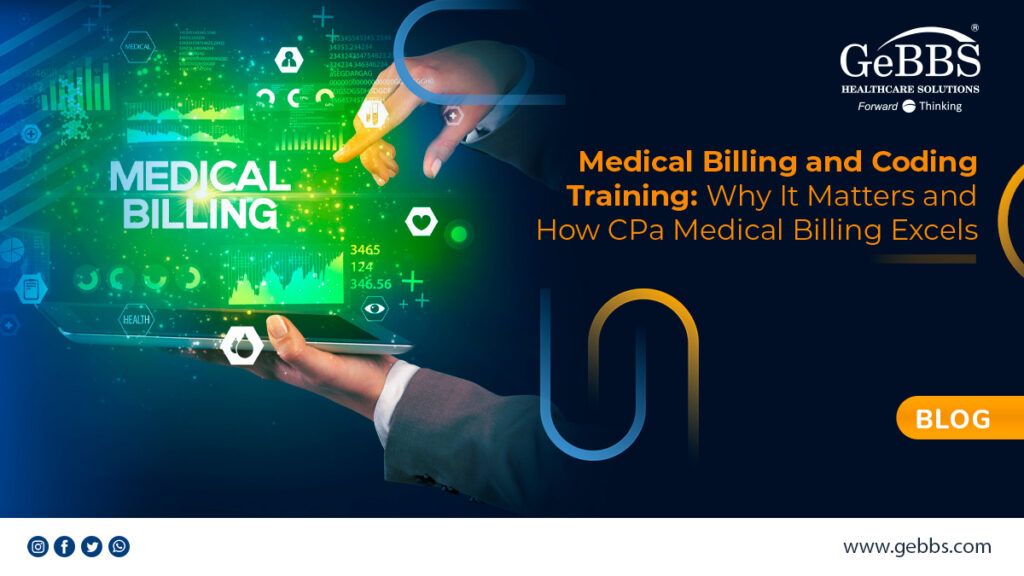Revenue Cycle Management (RCM) is experiencing rapid growth in the country, driven by the increasing complexity of healthcare billing, the need for error-free claims processing, and the rising demand for efficient AI-based financial management tools supporting healthcare facilities. Amidst this dynamic landscape, ensuring HIPAA compliance remains a critical concern for healthcare organizations. This blog post delves into the current state of the RCM market, explores healthcare providers’ challenges, and highlights best practices for maintaining HIPAA compliance in RCM processes.
Market Overview
The Revenue Cycle Management market in the United States was valued at USD 105.7 billion in 2021 and is expected to expand at a compound annual growth rate (CAGR) of 10.6% from 2022 to 2030. This robust growth can be attributed to several factors, including the increasing adoption of RCM solutions by healthcare providers, the shift towards value-based care, and the growing need for regulatory compliance (American Hospital Association).
The COVID-19 pandemic experienced earlier this decade has further underscored the importance of efficient RCM processes as healthcare organizations face unprecedented financial pressures and operational challenges. The adoption of telehealth services, increased patient volumes, and the need for accurate billing and coding have amplified the demand for advanced RCM solutions. Additionally, the pandemic highlighted the critical role of RCM in maintaining the financial health of healthcare institutions, emphasizing the need for streamlined and compliant processes (American Hospital Association) (A Trusted Partner in Patient Care).
Challenges in RCM Coding and RCM Billing
Despite the promising growth, healthcare providers need help managing their revenue cycles. Common issues include:
- Complexity of Billing and Coding: The intricate nature of medical billing and coding often leads to errors, resulting in claim denials and revenue losses. According to the American Medical Association (AMA), administrative issues, including billing and coding errors, contribute to approximately 20-30% of healthcare costs in the U.S. (American Hospital Association) (A Trusted Partner in Patient Care).
- Regulatory Compliance: Adhering to ever-evolving healthcare regulations, including HIPAA, is a significant challenge. Non-compliance can result in hefty fines and legal consequences, making it crucial for healthcare organizations to stay updated on regulatory changes.
- Technology Integration: Integrating disparate healthcare systems and ensuring seamless data flow is crucial but challenging. Efficient RCM requires the harmonization of various technologies, including Electronic Health Records (EHRs), billing systems, and practice management software.
- Patient Financial Responsibility: With the rise of high-deductible health plans, collecting payments directly from patients has become increasingly complex. Studies show that patient payment responsibility has increased by nearly 30% over the past five years, adding to the financial burden on healthcare providers (McKinsey & Company).
Ensuring HIPAA compliance is particularly crucial in addressing these challenges, as it protects patient information, reduces the risk of data breaches, and enhances the overall efficiency of RCM processes.
Ensuring HIPAA Compliance in RCM
HIPAA, the Health Insurance Portability and Accountability Act, sets the standard for protecting sensitive patient data. Compliance with HIPAA is a legal requirement and a cornerstone of effective RCM. Here are some best practices for ensuring HIPAA compliance in RCM processes:
- Regular Training and Education: Continuous education and training programs for staff on HIPAA regulations and data protection practices are essential. This ensures all employees know their responsibilities and the importance of safeguarding patient information. According to a survey by the Ponemon Institute, organizations that conduct regular HIPAA training experience significantly fewer data breaches (American Hospital Association).
- Implementation of Robust Data Security Measures: To protect patient data, employ advanced encryption methods, secure access controls, and regular software updates. Implementing multi-factor authentication (MFA) and ensuring that all devices accessing patient information are secure are also critical measures. Data encryption, for instance, can prevent unauthorized access and ensure that even if data is intercepted, it remains unreadable.
- Conducting Regular Audits and Assessments: Regularly auditing RCM processes and conducting risk assessments help identify potential vulnerabilities and areas for improvement. This proactive approach ensures that any compliance gaps are addressed promptly. A comprehensive audit includes reviewing access logs, identifying unusual activity, and ensuring all data handling practices comply with HIPAA standards.
- Utilizing Compliant RCM Software and Services: Partner with RCM solution providers that prioritize HIPAA compliance. Ensure that their software and services are designed to meet the stringent requirements of HIPAA regulations. When selecting an RCM vendor, verifying their compliance certifications and assessing their data security protocols is essential.
Case Studies and Statistics
Many healthcare organizations have successfully improved their RCM processes while ensuring HIPAA compliance. For instance, a healthcare system implemented an advanced RCM solution that included automated coding and billing processes, significantly reducing claim denials and increasing overall revenue. This example demonstrates how automation and compliance can dramatically enhance financial outcomes (McKinsey & Company).
Another example is a hospital that adopted comprehensive data security measures, including encryption and secure access controls, to protect patient information. This not only ensured HIPAA compliance but also enhanced patient trust and satisfaction. The hospital reported a noticeable increase in patient referrals and reduced data breach incidents (A Trusted Partner in Patient Care).
Additionally, a national survey revealed that healthcare organizations with robust RCM systems and compliance protocols experienced a significant reduction in administrative costs and an improvement in patient satisfaction scores. These statistics highlight the dual benefits of compliance and efficiency in RCM (McKinsey & Company).
FAQs
1. Why is HIPAA important in RCM?
HIPAA is crucial in RCM technologies because it ensures the protection of sensitive patient information. Compliance with HIPAA reduces the risk of data breaches, enhances patient trust, and improves the overall efficiency of revenue cycle processes by preventing errors and claim denials. Furthermore, HIPAA compliance fosters a culture of accountability and transparency within healthcare organizations.
2. What are the three essential rules for HIPAA compliance?
The three critical rules for HIPAA compliance are:
- Privacy Rule: Protects the privacy of individually identifiable health information by setting limits and conditions on the uses and disclosures of such information without patient authorization.
- Security Rule: Sets standards for the security of electronic protected health information (ePHI), requiring healthcare organizations to implement physical, administrative, and technical safeguards.
- Breach Notification Rule: Requires covered entities to notify affected individuals, the Secretary of Health and Human Services (HHS), and, in some cases, the media of a breach of unsecured PHI. This rule ensures that patients are informed about potential risks to their personal information.
3. What are the HIPAA rules for medical billing?
HIPAA rules for medical billing include ensuring the confidentiality, integrity, and availability of all ePHI. This involves implementing secure billing practices, protecting patient information from unauthorized access, and maintaining accurate and timely billing records. Healthcare providers must also ensure that any third-party billing services they use comply with HIPAA standards.
Conclusion
As the Revenue Cycle Management market continues to grow, the importance of ensuring HIPAA compliance in RCM processes, especially as health systems and outsourcing vendors embrace AI technologies such as autonomous coding, cannot be overstated. By adopting best practices such as regular training, robust data security measures, regular audits, and utilizing compliant RCM solutions, healthcare organizations can navigate the complexities of RCM while safeguarding patient information. The future of RCM lies in the seamless integration of compliance, technology, and efficient financial management, ultimately leading to improved patient care and financial outcomes.
Healthcare providers must remain vigilant and proactive in their approach to HIPAA compliance, recognizing that it is not a one-time task but an ongoing commitment. By following these guidelines and staying informed about the latest market trends, healthcare providers can ensure their RCM processes are both efficient and compliant, positioning themselves for success in a rapidly evolving healthcare landscape.
Additional Sources
